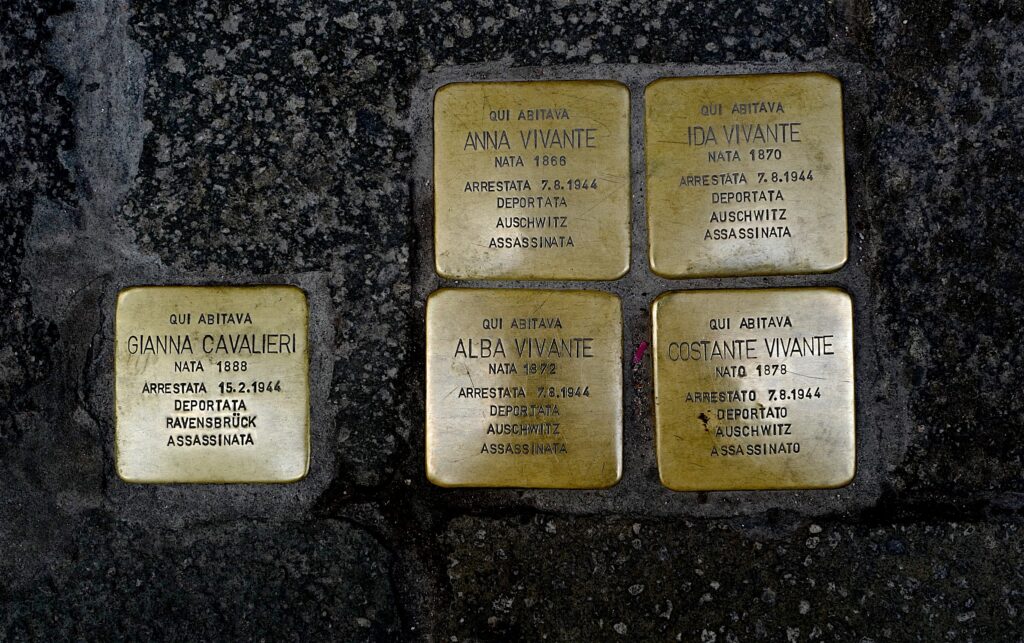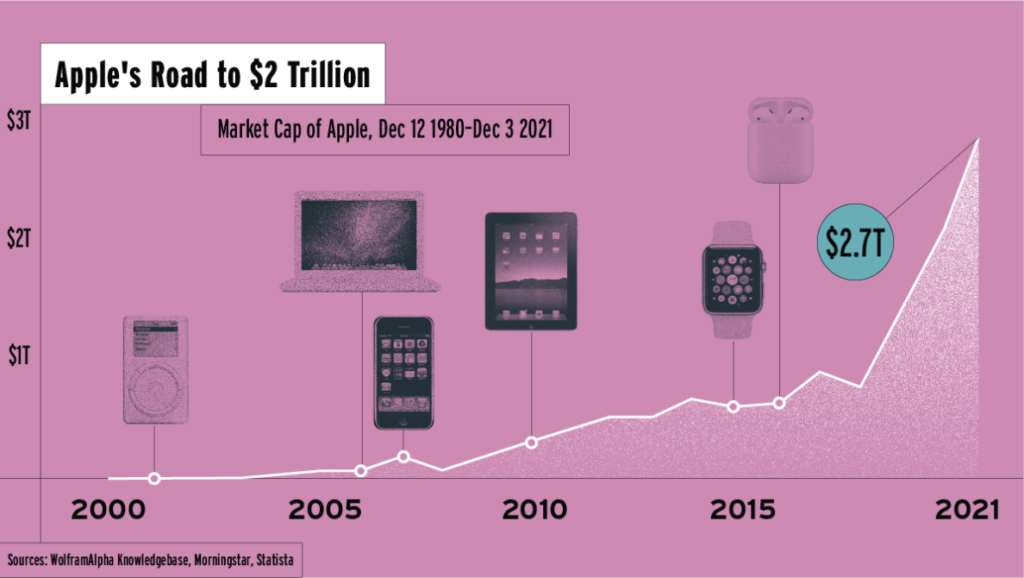Death(s) in Venice

Five Stolpersteine I came on in a street in Venice. Often one finds them outside a house where Jewish victims of the Holocaust lived prior to their arrest and transfer to death camps. They’re always sobering to encounter. Note that four members of the Vivante family were swept away to their deaths on August 7, 1944. Also sobering to think that the Allied invasion of Italy took place in September 1943 and Venice was liberated on April 29, 1945. But that was eight months too late for the Vivantes.
Yesterday’s missing link
The link to Kara Swisher’s interview with Neal Stephenson was missing. Apologies for not spotting the omission.
Quote of the Day
”Nineteen suburbs in search of a metropolis.”
- H.L. Mencken on Los Angeles
Musical alternative to the morning’s radio news
Little Richard | “Tutti Frutti” | Concert for the Rock & Roll Hall of Fame
Nobody slept in the back row that night.
Long Read of the Day Why culture wars are an elite device
An interesting New Statesman essay by Jan-Werner Müller, who is professor of politics at Princeton. He sees the crisis in liberal democracies as a product of two ‘secessions’ created by globalisation.
The first is of elites from dependence on the rest of society through their access to fancy schools, private health care, home-ownership in privileged enclaves and so on.
The other secession , Müller writes, is
even less visible. An increasing number of citizens at the lower end of the income spectrum no longer vote or participate in politics in any other way. In large German cities, for instance, the pattern is clear: poorer areas with high unemployment have much higher abstention rates in elections (in the centre of the old industrial metropolis of Essen it is as high as 90 per cent). This de facto self-separation is not based on a conscious programme in the way Thiel’s space (or spaced-out) fantasies are, and there is no “undiscovered country” for the worst-off. Tragically, such a secession becomes self-reinforcing: political parties, for the most part, have no reason to care for those who don’t care to vote; this in turn strengthens the impression of the poor that there’s nothing in it for them when it comes to politics.
How do these secessions relate to the crisis in democracy? Well, says Müller,
The promise of democracy is not that we shall all agree, and it does not require “uniformity of principles and habits”, as Alexander Hamilton had it. Rather, it is the guarantee that we have a fair chance of fighting for our side politically and then can live with the outcome of the struggle, because we will have another chance in a future election. It is not enough to complain that populists are divisive, for democratic politics is divisive by definition.
The absence of that ‘fair chance’ is the really corrosive force that is undermining our vaunted liberal democracy. Which may turn out to be the main reason why it’s doomed.
This is a long essay, which I hope is still not behind the New Statesman’s increasingly non-porous paywall, but it’s worth it IMO.
Chart of the Day

From Scott Galloway:
It took 42 years for Apple to reach a $1 trillion valuation — the first ever company to do so.
But it took just 2 years to add another $1 trillion in value.
Today, Apple’s market cap is roughly equal to all the world’s unicorns combined … and fast on its way to $3 trillion.
Hmmm… I should have bought Apple shares when Steve Jobs came back in 1997. Sigh.
My commonplace booklet
A fascinating Twitter thread on why Omicron is so interesting — and so puzzling. According to a new lab study, Omicron infects & multiplies 70 times faster than the Delta variant and the wild type SARS-CoV-2 in the human bronchus, but not in the lung.
This Blog is also available as a daily email. If you think that might suit you better, why not subscribe? One email a day, Monday through Friday, delivered to your inbox. It’s free, and you can always unsubscribe if you conclude your inbox is full enough already!
